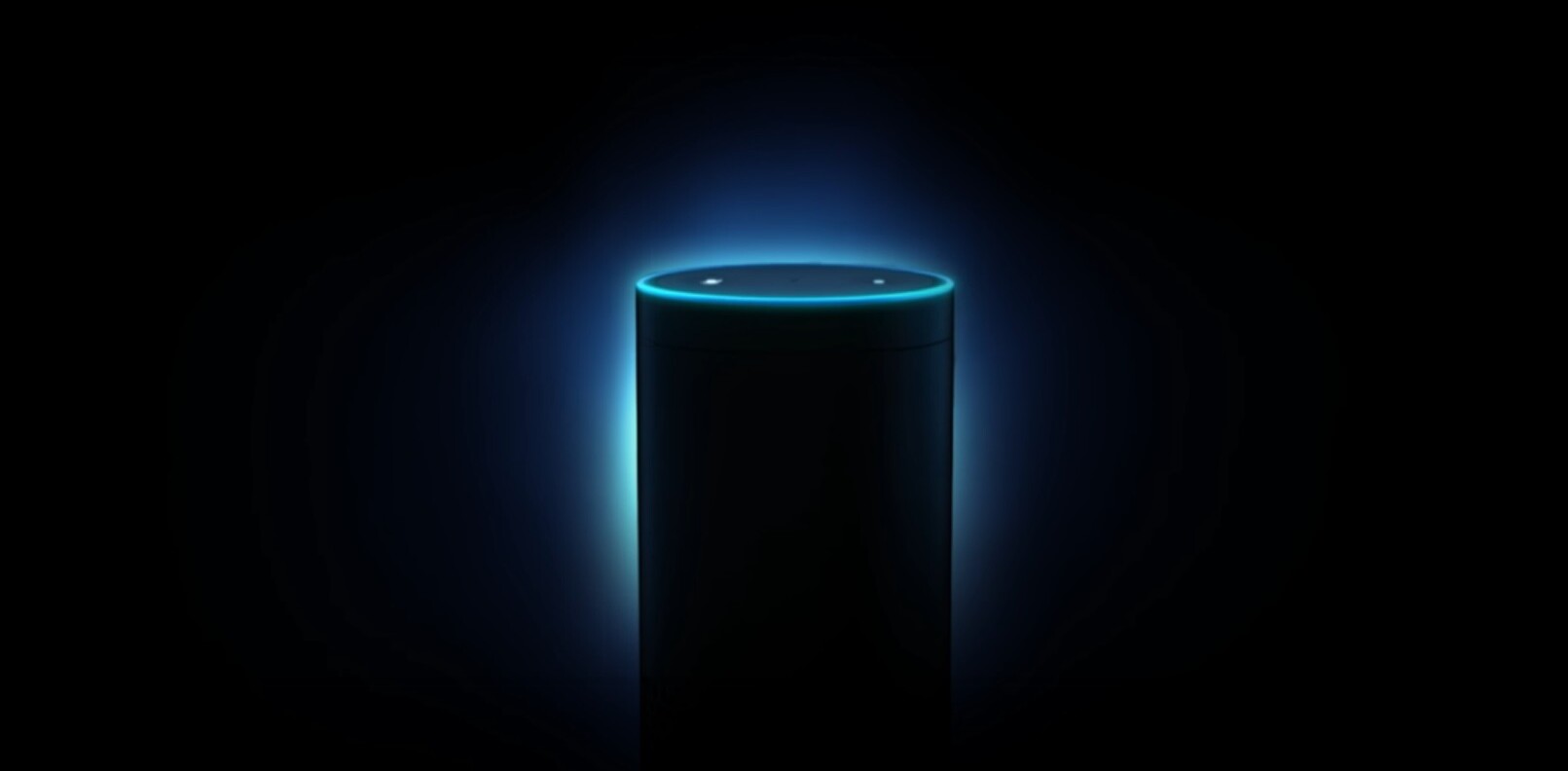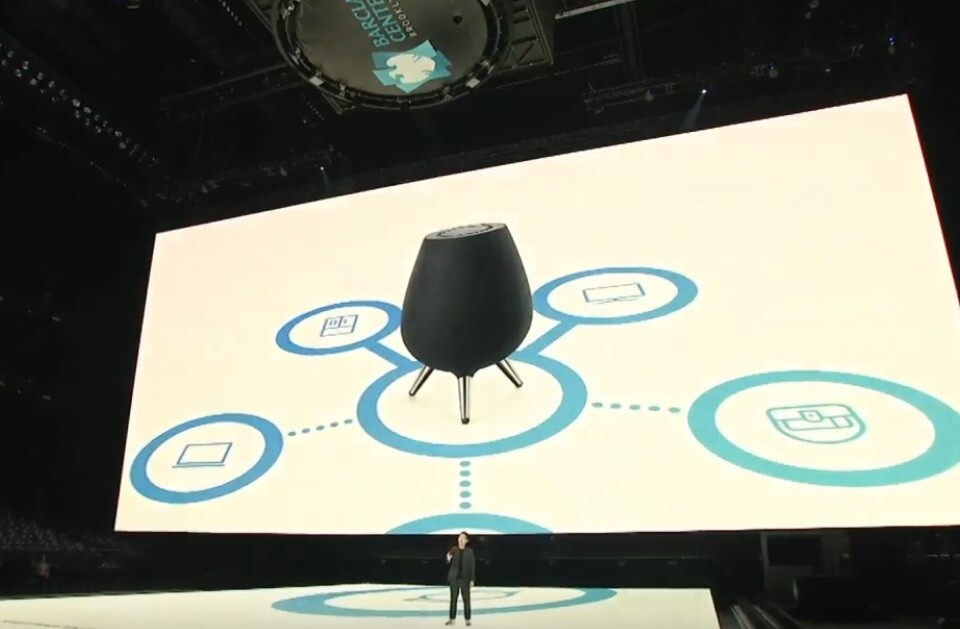
As 2012 draws to a close, website owners around the world will be firing up their analytics tools for a full-year overview of how they’ve fared. It’s no different at The Next Web, and in a year that’s seen us repeatedly beat our monthly and daily traffic records, here are the ten news stories that attracted the most attention from you, our readers.
Thanks to all of you for joining us for an epic 2012 that has seen us launch a magazine, an academy and a global jobs board. We’ve also broken a whole heap of news, and what’s surprising is that the biggest stories of the year (Apple vs Samsung, Facebook’s IPO, Instagram acquired by Facebook etc etc) aren’t necessarily the ones that hit the biggest in terms of traffic.
So, what did count as big news for The Next Web’s readers? Let’s take a look in reverse order. Don’t forget to check out our top Shareables of the year too, along with all our roundups of the year.
In what turned out to be one of the biggest Facebook privacy panics of the year, many users claimed to be seeing old private messages showing up on their Timelines in September. Facebook strenuously denied the claims, and it seems that it was more a case that we’d all forgotten just how much more open we were when we wrote on each others’ Facebook walls a few years ago.
Still, the panic had us all digging through our old Timeline posts just in case.
9. Google Drive detailed: 5 GB for free, launching next week for Mac, Windows, Android and iOS
 Google finally unveiled its Drive cloud storage service in April, and we broke news of exactly what it would offer a whole week ahead of time. A draft press release that fell into our laps from a Google Drive partner gave aways details of storage allowances, app availability and more.
Google finally unveiled its Drive cloud storage service in April, and we broke news of exactly what it would offer a whole week ahead of time. A draft press release that fell into our laps from a Google Drive partner gave aways details of storage allowances, app availability and more.
Of course, Google Drive ended up being the new home for Google Docs too, but the interest that our report saw shows just how much interest there was in a Dropbox rival from arguably the Web’s biggest name.
8. Microsoft’s security team is killing it: Not one product on Kaspersky’s top 10 vulnerabilities list
 The news that Microsoft’s automatic Windows updates had led to it dropping out of Kaspersky’s latest IT Threat Evolution report caught our readers’ imaginations in early November.
The news that Microsoft’s automatic Windows updates had led to it dropping out of Kaspersky’s latest IT Threat Evolution report caught our readers’ imaginations in early November.
As our resident security geek Emil Protalinski noted, “A few years ago, Microsoft would be all over the list, but starting with the release of Windows Vista, the company has seriously cleaned up its act. Windows 7 builds on that, and Windows 8 takes it yet another step forward. Windows is still highly targeted due to its market share: 0-days for Windows 8 allegedly already exist.”
7. A Round Up of ALL of Google’s April Fools Jokes. Fair play, they really make an effort…
Google’s April Fool’s Day pranks always attract headlines, and 2012 saw a bumper crop. Our complete round-up included highlights like 8-bit Google Maps, Google Racing taking self-driving cars to the limit in a bogus partnership with Nascar, a ‘Click-to-Teleport’ extension for instant travel right from your Chrome browser, and Google Fiber – a nutritious, delicious multigrain bar that’s far more tasty than high-speed Internet access in Kansas.
6. HP introduces new Apple iMac
An eye-catching headline helped attract eyeballs and comments aplenty to Matthew Panzarino’s take on HP’s new Spectre One desktop PC in September.
As Matthew noted, “This is just a sad day for HP. There are nearly infinite combinations of components and design to choose from here and it decided to effectively clone Apple. Why? How has a company once praised for pushing the industry forward decided that this kind of thing is ok to do?”
5. Here’s how Samsung flew bloggers halfway around the world, then threatened to leave them there
 Our scoop about Samsung’s treatment of volunteer bloggers who were part of its ‘Mob!lers’ program was our fifth most popular post this year. A disagreement over whether or not they would be expected as brand ambassadors at the IFA tradeshow in Berlin resulted in two Indian bloggers being threatened with having to make their own way home from Germany.
Our scoop about Samsung’s treatment of volunteer bloggers who were part of its ‘Mob!lers’ program was our fifth most popular post this year. A disagreement over whether or not they would be expected as brand ambassadors at the IFA tradeshow in Berlin resulted in two Indian bloggers being threatened with having to make their own way home from Germany.
Samsung later apologised, telling one of the bloggers, Clinton Jeff that they had put him through undue hardship.
4. Google’s Nexus 4 site shows stock out in US, but some users still able to purchase
 Google’s poor handling of the launch of its Nexus 4 smartphone in November not only led to it selling out in lightning-fast time in countries around the world, it also had prospective buyers scrambling to the Web for information about exactly what had happened. While some customers could place orders, others were told the device was unavailable – even some of those who did place an order ended up having it canceled later.
Google’s poor handling of the launch of its Nexus 4 smartphone in November not only led to it selling out in lightning-fast time in countries around the world, it also had prospective buyers scrambling to the Web for information about exactly what had happened. While some customers could place orders, others were told the device was unavailable – even some of those who did place an order ended up having it canceled later.
Availability is still scarce a whole six weeks later, despite a mid-December apology from Google, in which the company admitted that supplies from manufacturer LG were “scarce and erratic.”
3. Reddit co-founder Alexis Ohanian won’t invest in Facebook due to its CISPA support
 The various attempts at introducing ham-fisted legislation to control Internet use dominated technology headlines in the first half of 2012.
The various attempts at introducing ham-fisted legislation to control Internet use dominated technology headlines in the first half of 2012.
CISPA (The Cyber Intelligence Sharing and Protection Act) was one such law, and Reddit co-founder Alexis Ohanian wasn’t keen on Facebook’s support of it. So much so, that he told CNN in early May that he would hold off on investing in the social networking giants then forthcoming IPO. Readers flocked to our coverage to watch the video footage.
Violence flared up between Israeli and Hamas forces in November, leading to a tense week that saw Twitter become an official channel for live-tweeting of acts of agression from both sides. Anonymous got involved, targeting hundreds of Israeli Web sites, government-owned as well as privately owned Web pages, as well as databases belonging to Bank Jerusalem and the Ministry of Foreign Affairs, as part of its OpIsrael campaign.
Israel Ministry of Foreign Affairs database has been deleted | mashav.mfa.gov.il | #OpIsrael
— Anonymous (@YourAnonNews) November 16, 2012
As our report noted, “While the Israeli government almost certainly has backups of the aformentioned databases, these attacks as well as the defacements show Anonymous isn’t just doing its usual spree of overloading target sites. OpIsrael appears to have gotten multiple hackers involved who are interested in doing actual damage, or at least something that is slightly more permanent than just a 404.”
1. Here’s how to check if your Apple device UDID has been compromised by the AntiSec leak
 And here’s what turned out to be our most popular story of the year. The news of a major data leak of Apple device IDs had people flocking to check if they may have been affected, using a tool we created for the purpose. In September, hacker group AntiSec released 1,000,001 UDIDs it claimed was part of 12 million UDIDs it had obtained by hacking an FBI computer.
And here’s what turned out to be our most popular story of the year. The news of a major data leak of Apple device IDs had people flocking to check if they may have been affected, using a tool we created for the purpose. In September, hacker group AntiSec released 1,000,001 UDIDs it claimed was part of 12 million UDIDs it had obtained by hacking an FBI computer.
It later transpired that the data was genuine but had actually been obtained from app publisher Blue Toad.
Image credits: Thinkstock and Justin Sullivan/Getty Images
Get the TNW newsletter
Get the most important tech news in your inbox each week.






